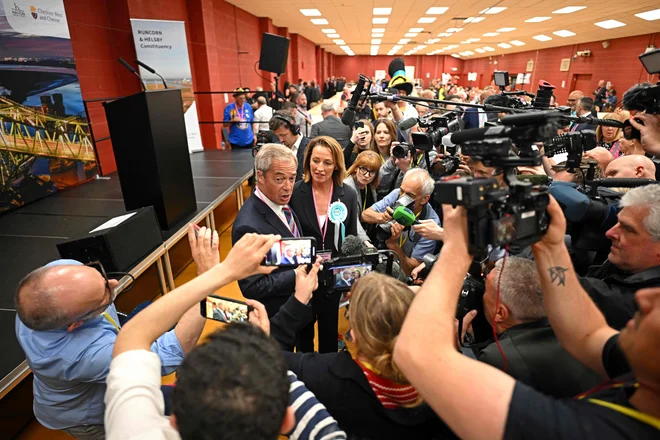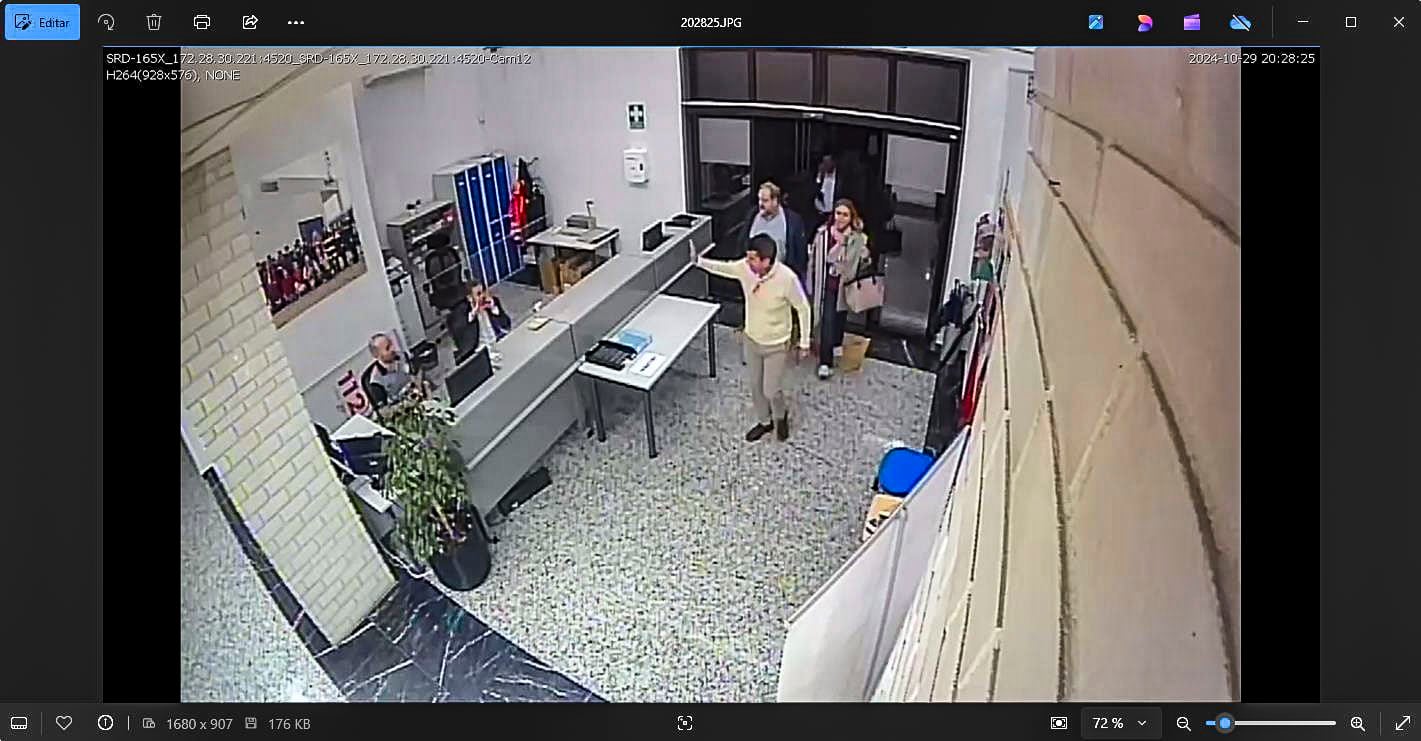Column | Doing justice to the Palestinian suffering excludes the Jewish suffering from then and now
:format(jpeg):fill(f8f8f8,true)/s3/static.nrc.nl/taxonomy/9db82ae-Jensen%252C%2520Stine%252001%25201280.png)
I spent a week between the mountains for meditation and yoga. Looking for silence, connection and a peaceful spirit. ‘Silence’, ‘Together’ and ‘Peaceful’, it does not happen automatically: for a ‘Peaceful Mind« We got up early to meditate, » Together « (sangat) Taking aside of my own needs, and for ‘silence’ I had to let go of the daily noise. That worked somewhat: less news achieved me than normal; I didn’t look a journal, I didn’t read newspapers.
Yet the news trickled my world through app groups and messages. I found that the rest of humanity also found it difficult: peaceful, together and silence. That’s how the opinions of two figureheads from the traditionally Pacifist Party for the Animals about ‘Peace’ apart; There was a fuss at the Eurovision Song Contest about whom on behalf of which group was allowed to wave which flag; And silence was also the subject of debate. Some national officials and former diplomats have taken the initiative for an alternative commemoration of the dead, « 4-May Including« Because the government does not recognize the war crimes by Israel.
‘Peace’, ‘Together’ and ‘Silence’: they are charismatic ideas that could unite us, but do not. Despite my zen attempt, I also had an opinion about the news: Pro ‘Peaceful arming’ (unfortunately we have no choice), pro simple flag rules on the song festival stage so that it remains a country competition (artist and the public are allowed to flutter with as many flags as they want). But the fuss about the National Remembrance Day did not let me go. The more attentive I meditated on silence, the louder my memories of my father and war.
I remembered how my father, now died, once somewhere between Oegstgeest and Enkhuizen put the car aside for the national commemoration of the dead. When I asked him what he had thought of during silence, he said it was important to respect the two minutes of silence. He thought of his father, my grandfather, who was a brigade commander in the Army of Denmark and during the Second World War liaison officer, and he thought of all the war victims – then and now. It was an impressive experience as a child, being quiet together. I became aware of our family history in greater history. For the first time I realized that my father and my grandfather had experienced a world war. I asked him if it was bad that I also thought of an ice cream during the silence. No, that didn’t matter, he said, you can’t send silence. It is possible that you wander, that last two minutes, or short. That you think of the dead or not. Silence is open, indefinite, non-dual and difficult to catch in language. Silence is, as sound ecologist Gordon Hempton said it beautifully, not the absence of sound, but the presence of everything.
The National Remembrance Day is also about the words. There is a struggle about the place that contemporary war victims can take during the commemoration. In the radio program This is the day Anthropologist Daniëlle Braun talked to Rabbi Yanki Jacobs. Jacobs said that on all other days you can commemorate other (read: Gazan) war victims, but that 4 May is exclusive to national victims and for the Holocaust. Braun said that with her family history as Jewish, she can only make a link with the present: « You commemorate the past, but you can never see that separately from the present. » The national commemoration once started with soldiers, then Jews joined, and later homosexuals. Incidentally, they have been doing an ‘alternative’ commemoration at the gay monument for years.
Braun indicated the words what I felt. In the mountains I was reminded of a spiritual wisdom that says it so: « Separation is an illusion‘, separation is an illusion. In the end we humans are connected to each other on this earth. You can pretend that the Second World War and the Holocaust are separate from the rest of history, but that is not the case. The still living Gazans and the More than 50,000 dead Palestinians Earn that they do not have to be heard during the National Remembrance Day through an angry Damschreeuwer. Doing justice to Palestin’s suffering does not exclude Jewish suffering from then and now, and should of course not be a reason to play down the Holocaust or to fuel anti -Semitism.
What we know for sure is this: ‘Never again’ did not succeed. And out of respect for all victims, we have to think about that in a worthy way.
Stine Jensen is a philosopher and writer. She writes a column at this place every other week.

/s3/static.nrc.nl/wp-content/uploads/2025/05/02153233/web-0205BIN_Faber.jpg)

:format(webp)/s3/static.nrc.nl/wp-content/uploads/2025/01/19180035/data126874263-c22e94.jpg)




